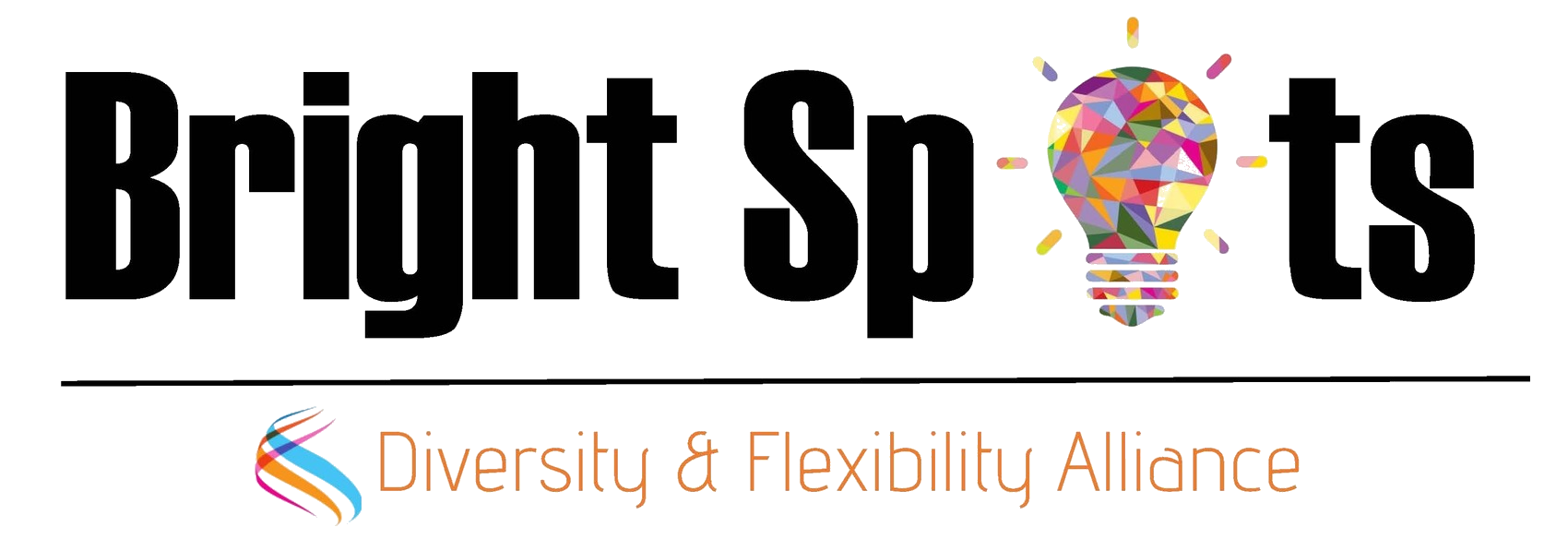The Alliance’s Action Steps are designed to assist organizations with implementing practical strategies and policies related to diversity and flexibility. Members can access full versions of all of the Alliance’s Action Steps in the Member Resource Center.
The pandemic has changed how we can work – individuals are rethinking how and where they want to work and organizations are looking at ways to change their flexibility policies and practices to attract, retain and engage top talent. However, in order to reap the many benefits of a more flexible work environment, including improved productivity, satisfaction, work-life control, business continuity and recruiting/retention, organizations need to ensure that controls are in place to identify and overcome stigma associated with flex. These biases, both conscious and unconscious, can derail an organization’s flexible work policies and practices if measures are not instituted to recognize and address them. As organizations revamp their flexible work policies using our Flex Recalibrated Framework, it is important to implement systems and processes to combat stigma (see the Reinforce stage of the framework.) Some measures that we recommend incorporating include:
- Training. When rolling out a flexible work policy, every organization should incorporate an ongoing training component to its implementation, consisting of best practices for flexible work success, effectively managing flexible teams, and addressing unconscious bias. This unconscious bias training should address the common stigma associated with flexible work, how to make your workforce aware of these biases, as well as effective ways to interrupt biases on your own behalf or on behalf of others.
Members: continue reading this Action Step in the Member Resource Center
To read this entire Action Step become a member of the Diversity & Flexibility Alliance. To learn more contact Manar Morales.


 Diane Crabtree: I began working at Bracewell in the litigation group after graduating from law school in 2004. My career path has been far from traditional at a big law firm. After the birth of my first child in 2007, I initially took a leave of absence to stay home with my daughter. Although I cherished this time at home, after a year I started to crave intellectual stimulation and decided to return to work. I was thrilled when Bracewell welcomed me back and offered me several potential flexible arrangements. I decided on a 75% reduced budget arrangement and maintained this schedule for several years. After trying a couple of different schedules, I found that I prefer to work every day but to leave at 4 p.m. to be home for dinner and after-school events.
Diane Crabtree: I began working at Bracewell in the litigation group after graduating from law school in 2004. My career path has been far from traditional at a big law firm. After the birth of my first child in 2007, I initially took a leave of absence to stay home with my daughter. Although I cherished this time at home, after a year I started to crave intellectual stimulation and decided to return to work. I was thrilled when Bracewell welcomed me back and offered me several potential flexible arrangements. I decided on a 75% reduced budget arrangement and maintained this schedule for several years. After trying a couple of different schedules, I found that I prefer to work every day but to leave at 4 p.m. to be home for dinner and after-school events.  Featuring
Featuring